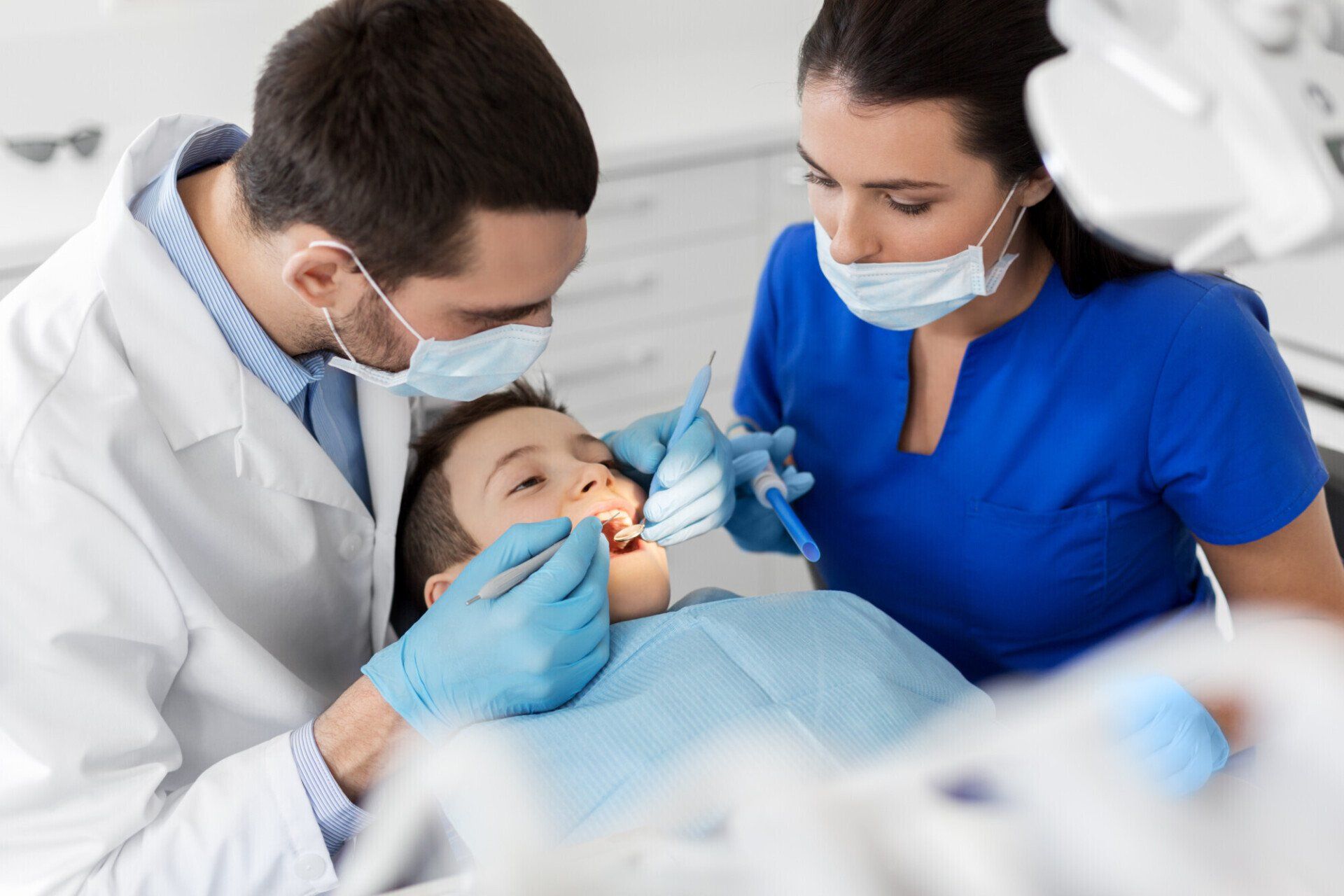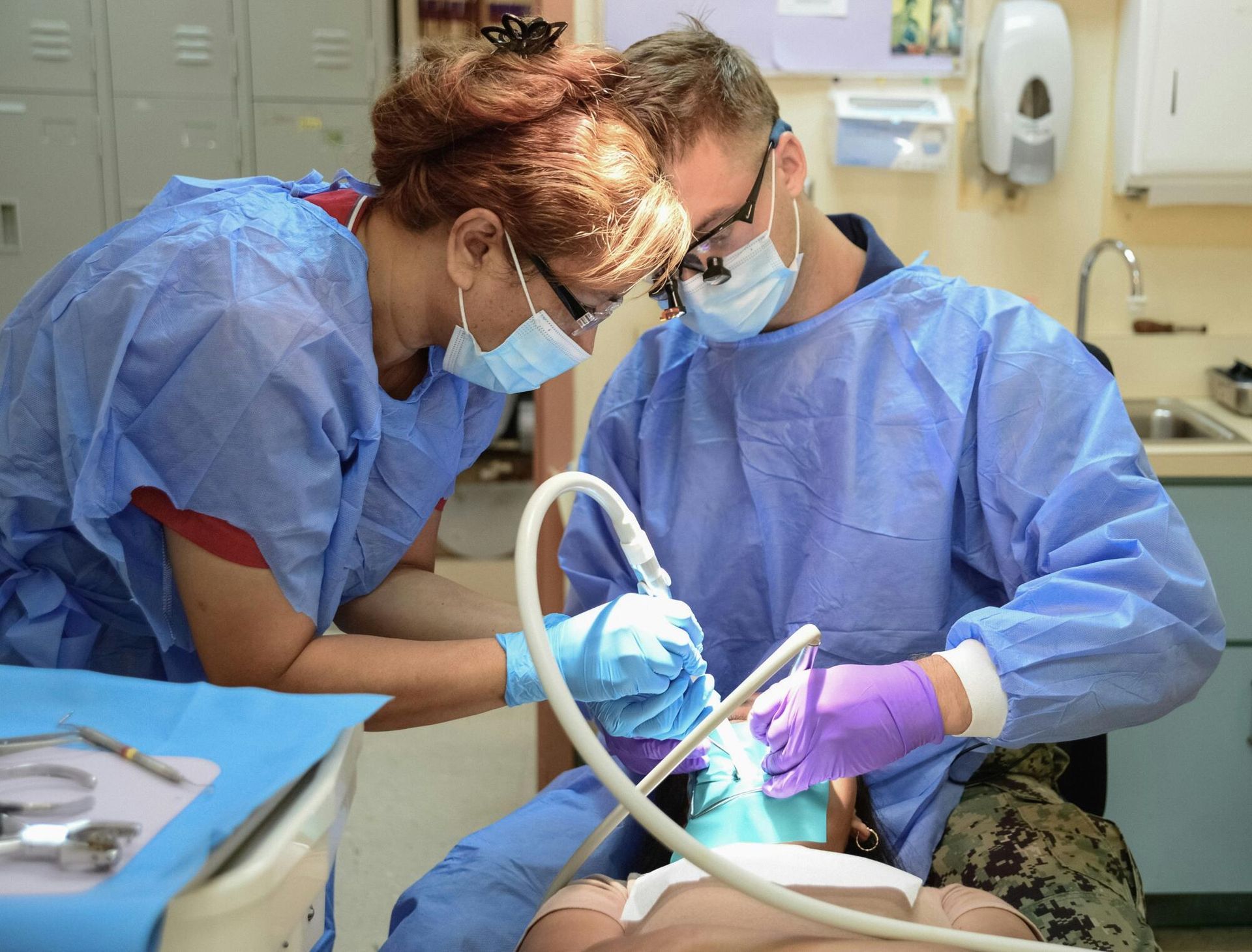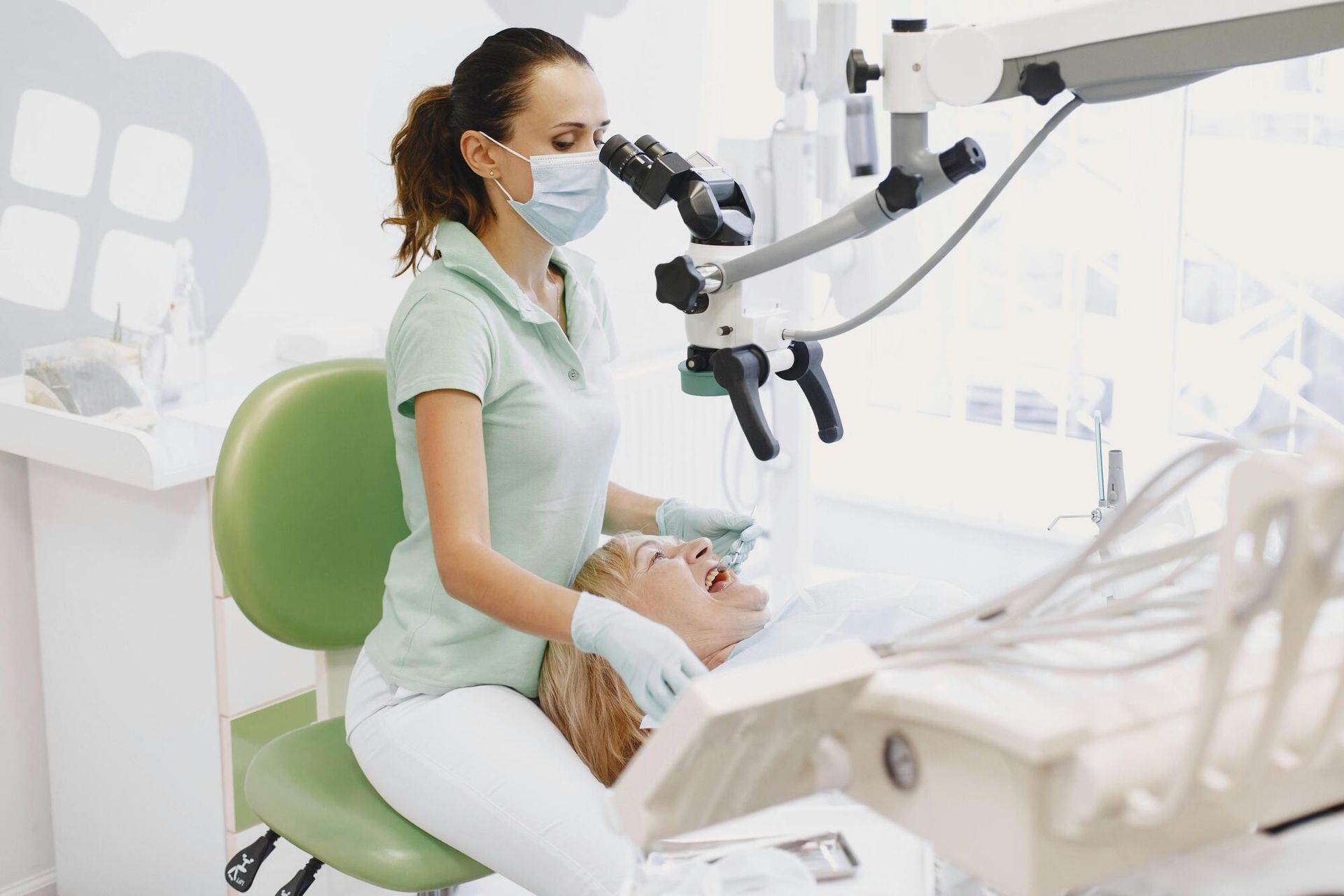Can TMJ Cause Headaches?

It's estimated that around 12% of Americans experience TMJ (temporomandibular joint) disorder at some point in time. Their symptoms run the gamut from jaw clicking to general soreness, with some experiencing much more severe symptoms than others.
But you might be wondering: can TMJ cause headaches? The short answer is "yes". The long answer is something that we're going to discuss in further detail below. Let's go!
What Is TMJ?
Let's begin by discussing what TMJ is. As was noted, it stands for temporomandibular joint.
However, when expressed as "TMJ", it generally means temporomandibular joint disorder.
The temporomandibular joint connects the jawbone to the skull. As the mouth opens, it slides, thereby allowing for a smooth transition.
Unfortunately, in some instances, this joint can become misaligned, resulting in substantial friction. This causes pain throughout the face, particularly when eating or speaking.
Causes of TMJ Disorders
A variety of factors cause TMJ disorders. In most cases, general wear and tear is the culprit.
The more that the joint is used, the more it wears down, and the more pain it experiences.
Another factor is an improper bite. Should you suffer from crooked teeth or crooked jaws, it could cause your bite to come in at an odd angle, resulting in friction with the TMJ. This, as you might imagine, results in pain.
Direct physical trauma can result in TMJ as well. For instance, if your jaw was injured in a car accident, you could end up experiencing chronic TMJ.
Other causes include arthritis, teeth clenching, and connective tissue disorders. Chronic teeth grinding can also cause this problem.
TMJ and Headaches: What's the Connection?
TMJ occurs in the area around the jaw. Headaches occur in the skull. So, how exactly does TMJ lead to headaches?
The answer is simple: referred pain. Referred pain is pain that occurs in one part of the body but transfers to other parts of the body. It's common all over the body and is particularly prominent when it comes to TMJ issues.
In the case of TMJ, it has to do with the pressure that the TMJ joint puts on specific nerves. For instance, in the case of TMJ and migraines, it's about the pressure that the TMJ puts on the trigeminal nerve.
Therefore, in order to prevent these headaches, TMJ imbalances must be fixed. Until they are, the headaches will remain. In fact, they might even grow worse.
Signs of TMJ
Now, you might suffer from chronic headaches. But how can you tell whether they're being caused by TMJ? By discovering whether or not you have TMJ.
If you do have TMJ, there's a fairly good chance that it's the root cause of your headaches. If so, you should seek out dental care as a means of fixing your TMJ.
The most obvious sign of TMJ is jaw pain. Chronic soreness in the jaw is almost certainly due to
TMJ. Difficulty opening and closing the jaw can also suggest TMJ, especially if it's accompanied by a clicking noise.
Facial pain in general can also indicate TMJ, as can pain around the ears. Pain while chewing is also extremely common.
How to Treat TMJ
There are a number of ways to go about treating TMJ. Some of these are at-home remedies. Others are carried out by medical professionals, including dentists and surgeons.
Medication
First, you should try using medications to stave off TMJ-related pain. You can start with over-the-counter pain relief medications. However, if those don't work, you'll need to turn to your dentist or doctor to get a prescription for something stronger.
Some of the medications that your doctor or dentist might prescribe include anti-inflammatory drugs, pain relievers, muscle relaxants, and antidepressants. In many cases, these will be used in conjunction with various forms of physical therapy.
Physical Therapy
There are a number of physical therapies that can be carried out to combat TMJ pain. These include jaw stretching exercises, the insertion of mouth guards, and the insertion of oral splints, to name a few.
Your dentist will often recommend these therapies after they've assessed your problem. Over time, they can go a long way in combating TMJ pain.
Dental Work
In some cases, you might need dental work as a means of combatting TMJ. For instance, a dental implant might be needed in order to correct your bite. Or, your dentist might send you to an orthodontist so that you can get braces.
The key is to schedule a TMJ consultation with your dentist. They'll take x-rays of your teeth, determine the potential sources of your TMJ issues and then take further action as needed.
Surgery
The last resort is surgery. There are minimally invasive procedures available that have proven highly successful in treating TMJ. Arthroscopic jaw surgery is the most common of these procedures.
Arthroscopic jaw surgery can be completed in a single day and doesn't require any in-hospital recovery. If you're at your wit's end with TMJ issues, this is the course of action you should pursue.
Note, there are other surgeries that may be needed instead. These run the gamut from open-joint surgery to modified condylotomy to arthrocentesis and more.
Looking for a Dentist in Burke VA?
Do you suffer from TMJ? Dealing with headaches? If so, you should strongly consider seeing a dentist about your problem.
Looking for a dentist in Burke VA? If so, look no further than Dental Care Burke. We've helped countless patients with TMJ issues and we can help you as well.
Contact us today to schedule an appointment!












